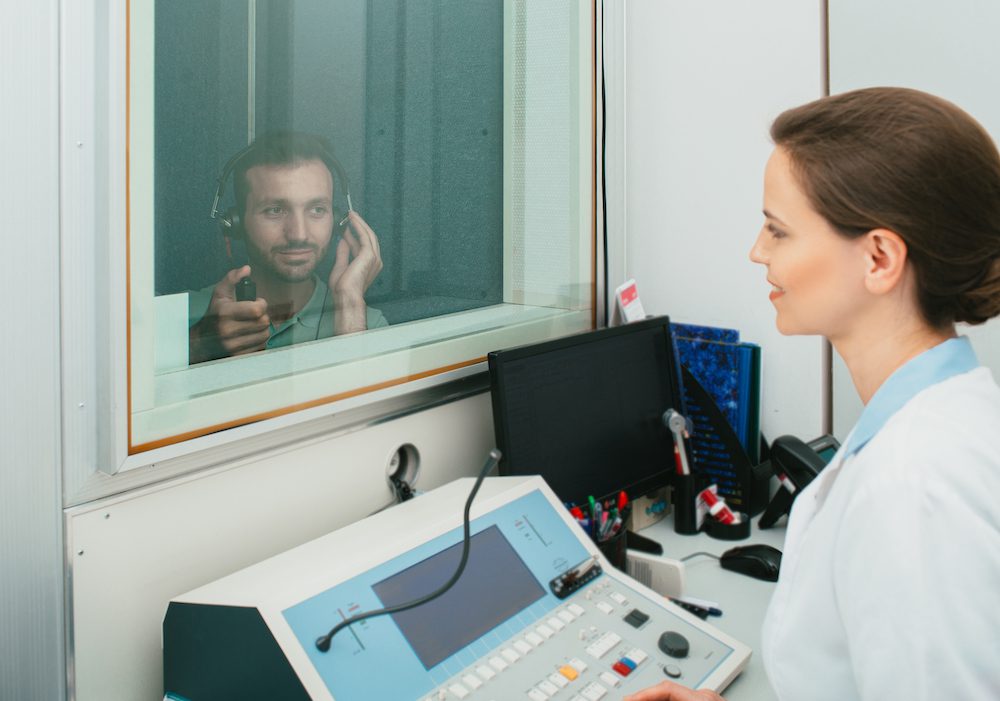Understanding Background Noise Challenges
Many people find background noise to be one of the most difficult parts of
Voted Best of 603 Two Years in a Row!


Many people find background noise to be one of the most difficult parts of

Receiving new hearing aids marks an important step in managing your

When considering hearing aids, one of the first concerns many people have